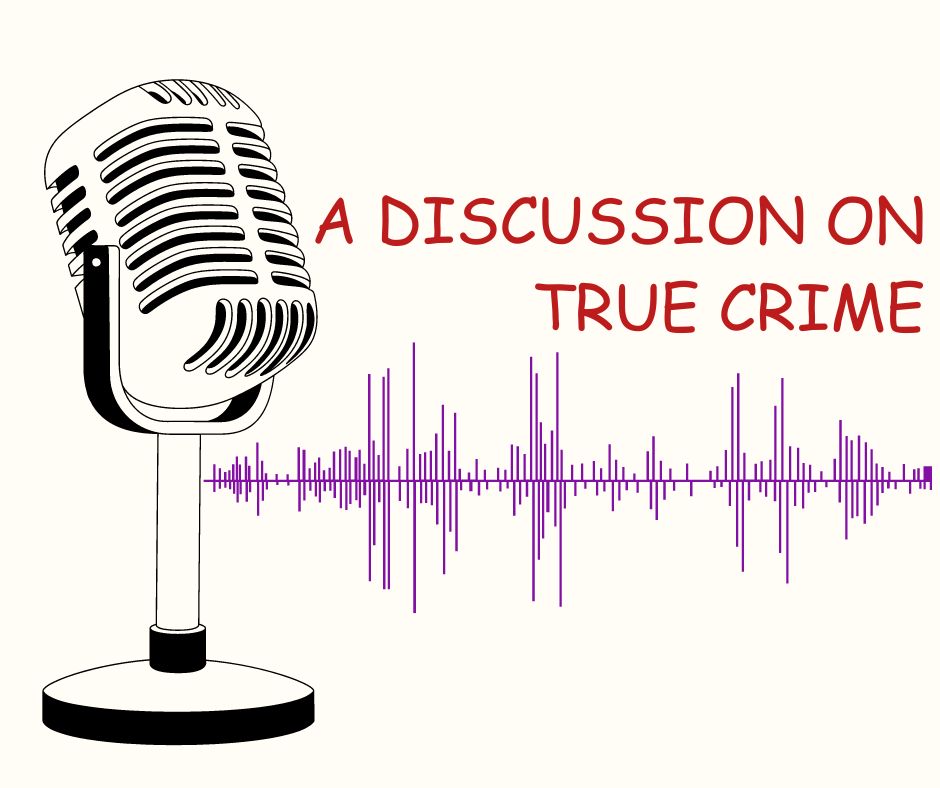The Linfield Literary Arts Club hosted Word Week, a collection of events celebrating the English language May 16-20. The club provided an event every day for the enjoyment of anyone who loves words.
Senior Beth Turner, co-president of the Linfield Literary Arts Club, said that Word Week is an annual event designed to celebrate literature.
“Basically, the goal of Word Week is to get people passionate about literature,” Turner said. “It’s also a great excuse for English and creative writing majors or minors and literary aficionados to geek out. But what Word Week really boils down to is that literature is fun.”
The first event was a game night on May 16 in Melrose Hall. Participants were invited to play Scrabble, Boggle and other word games and to enjoy free snacks. Despite the availability of other games, everyone played Apples to Apples for two hours. The atmosphere seemed relaxed and everybody agreed that it was a good game.
Tuesday’s event was an open mic night for poetry and other creative pieces, in which students could read their own work. Although
few people attended the event, those who participated seemed to enjoy it. Students read poetry about everything from love to suicide to Dr. Who.
The club presented a lecture by Assistant Professor of English Pollack-Pelzner on May 18 in the Withnell Commons.
The lecture was advertised as “Case of the Missing Shakespeare,” but Pollack-Pelzner explained that after he discovered that the play he was intending to present was boring, he decided to discuss how Shakespeare was a bad writer.
After teaching his students the dos and don’ts of formal college writing, Pollack-Pelzner said he reread his favorite Shakespeare passage, Hamlet’s first soliloquy, and realized that Shakespeare violates almost every rule of good writing in the passage.
He said Shakespeare uses this bad writing to create a different kind of language. Pollack-Pelzner discussed Hamlet’s speech in detail, explaining that the soliloquy is unique because soliloquies blatantly told the audience what was happening.
This speech breaks formal rhetoric to show how Hamlet’s mind works, he said. The language makes Hamlet’s thoughts dramatically visible to the audience.
Pollack-Pelzner said the result represents people onstage in such a way that audience members know fictional characters, as well as they know their closest friends.
Word Week continued with a showing of a film adaptation of Hamlet on May 19 in the Nicholson Library Viewing Room.
The club will host a Literary Ball at 8 p.m. on May 20 in the Fred Meyer Lounge, where students will dress as literary authors or characters.
“The Literary Ball is the culminating event of Word Week,” Turner said.
The Linfield Literary Arts Club will also host a booth at Wildstock involving Mad Libs and a Shakespearian Insult Dispenser.
_________________________________________________________________________________________
Sharon Gollery/For the Review
Sharon Gollery can be reached at [email protected]






